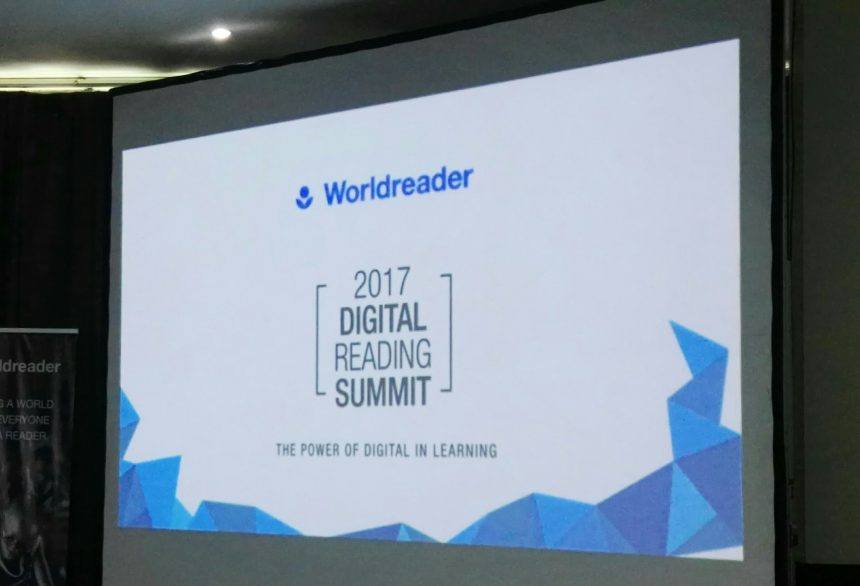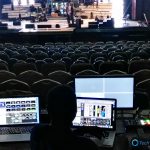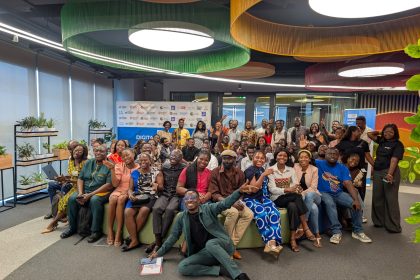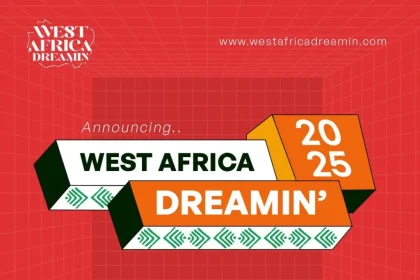When I was in university, I wasn’t the biggest fan of e-books. I loved the feeling of physical books in my hand. I never thought I would switch to ebooks. But physical books were sometimes expensive and trying to carry multiple books in my backpack and walking around on campus gave me back strains. Then one day, I got an iPad, I downloaded the Amazon Kindle app and I was sucked into the world of e-books. I haven’t looked back since…
The Worldreader Digital Learning Summit 2017
On Wednesday, April 19th, Worldreader held a Digital Learning summit at the Alisa hotel in Accra. The theme for the event was “The Power Of Digital Learning“.
The event started off with introductory remarks from Carol Williams, the West Africa Director for World Reader.
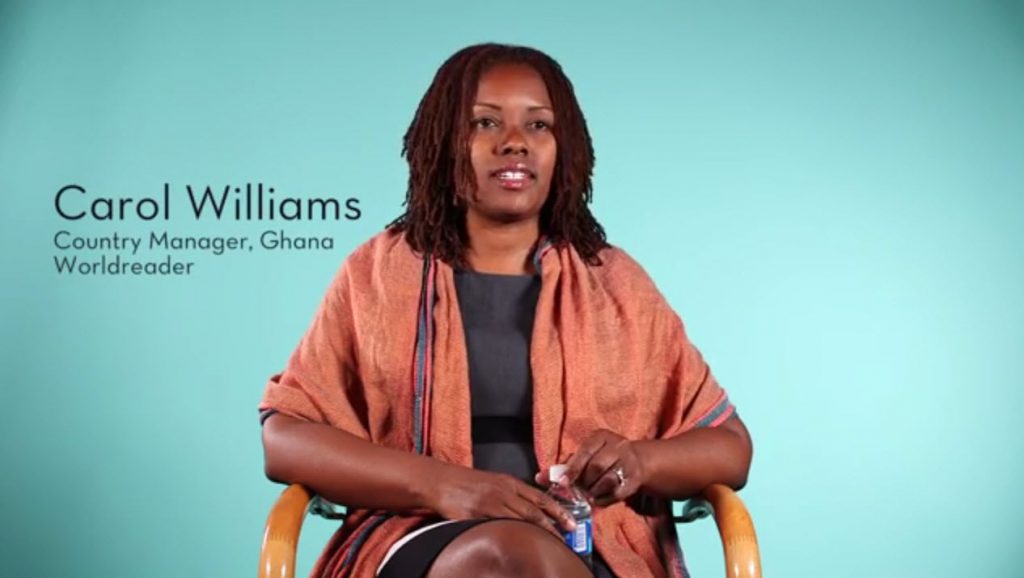
The keynote address was given by Colin McElwee, Co-founder of Worldreader. Colin gave a backstory of Worldreader and what they have achieved throughout their years working in different countries all around the world. Today, Worldreader can boast of having over 40,000 free book titles on the Worldreader platform and working with local publishers to get more local Ghanaian titles onto their platform.
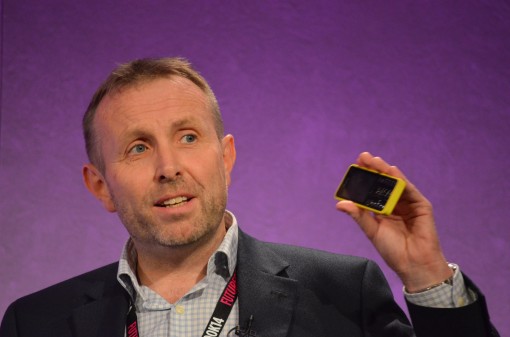
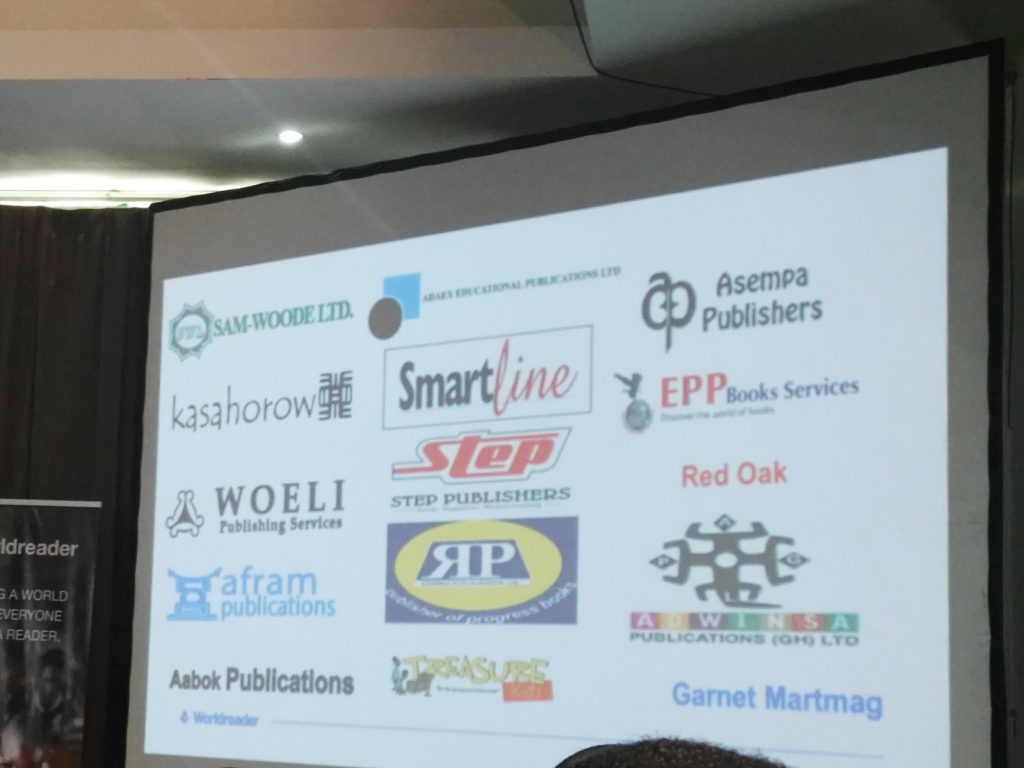
The event was graced by the Deputy Minister Designate for Pre-Tertiary Education, Hon. Barbara Asher Ayisi, who was there on behalf of the Minister of Education, Dr Matthew Opoku Prempeh.
Future Of Mobile In Learning
After introductory remarks and keynote speeches, Mark West (UNESCO), gave a talk about the future of mobile in learning. Mr West took the audience back to the days where we used to learn in school without the use of mobile devices. He compared that time to today where we are seemingly surrounded by technology.
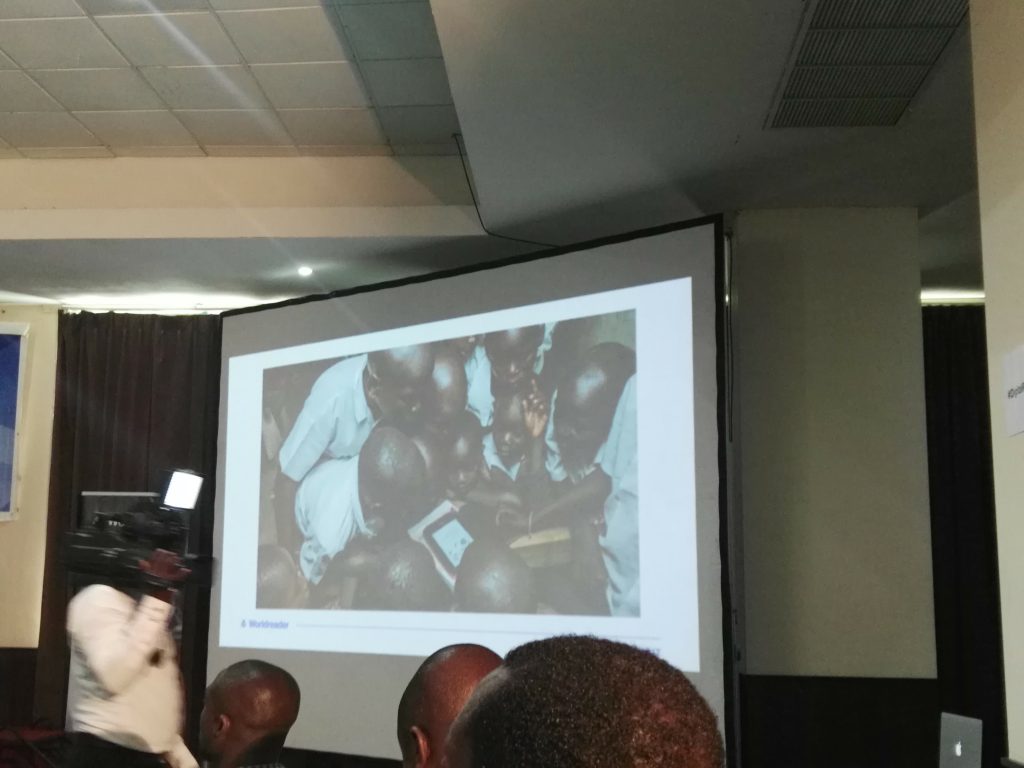
Mr West outlined a “roadmap” for his talk which included Priorities, what the Promises of Technology were, New Challenges with the digital age and The Bigger Picture when it comes to technology and how it can help solve certain problems.
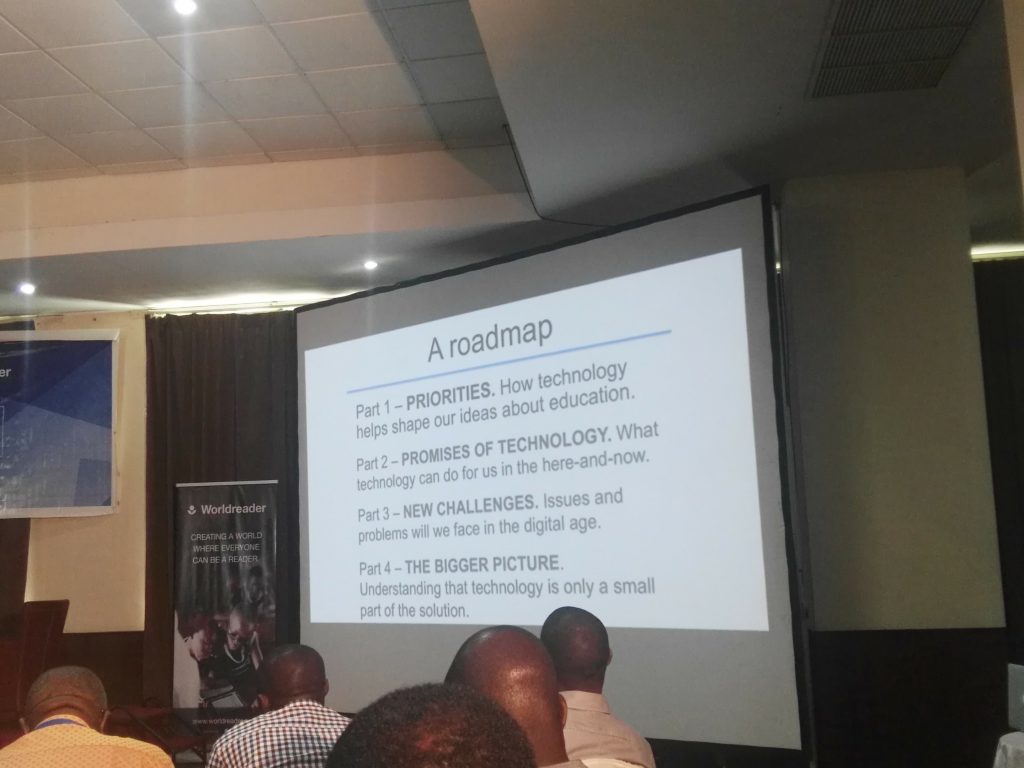
Mr West talked about the current way in which teachers in school take attendance and accept homework. In Ghana, that process is mostly done manually. Mr West noted how in some other places in the world, attendances for students have been automated to the point where a student is marked present in class as soon as they enter the classroom. This is all thanks to advances in technology with RFID and Near Field Communication (NFC).
He further emphasised the benefits of technology and gave examples of how homework can now be digitised. This digitisation makes it easier for a teacher to mark classwork and homework on a mobile device or computer, instead of being swamped with tons of papers to grade.
Mr West noted in his talk that technology wasn’t the end all solution for helping children and literacy but it was rather a tool for helping to increase literacy in schools.
Background Of Worldreader

Worldreader is a not for profit organisation that delivers e-books to people in the developing world.
Using e-readers, mobile phones and other digital technology, they have reached readers in 55 countries, providing them with over 40,000 books in 43 languages from Kiswahili to Hausa.
In Ghana, Worldreader has worked with 25 Ghanaian publishers including EPP Books Services, Osu Children’s Library, Step Publishers and Sage Literary House. With these partnerships, they have digitised over 405 Ghanaian books in 6 local languages including English, Fante, Ga, Ewe, Akuapem-Twi and Twi-Akan.
Worldreader helps provide schools and school kids with e-readers to help with the reading of books on the worldreader platform. Most of the e-readers are Kindle models.
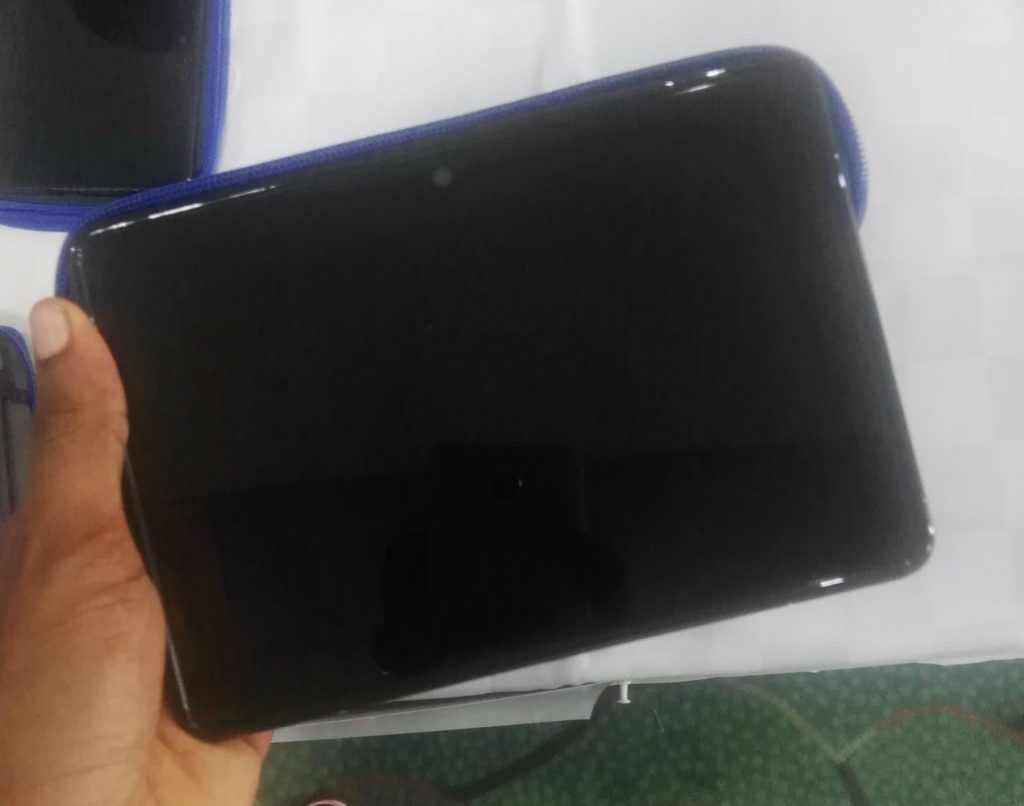
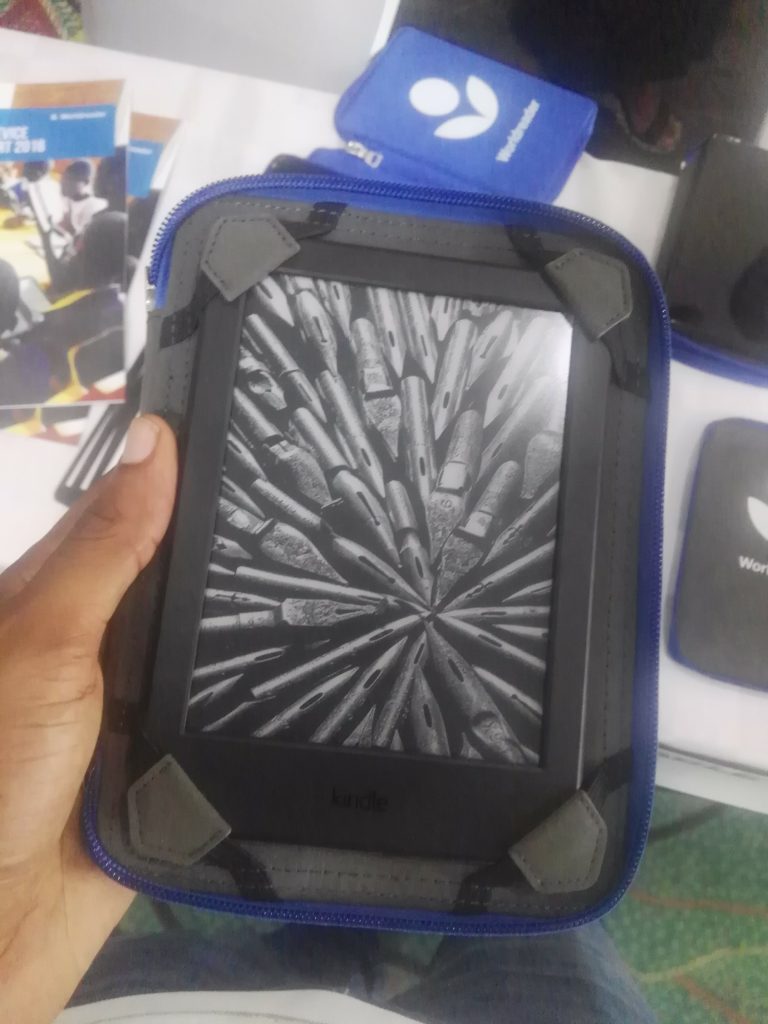
Worldreader currently has an Android app which is free to download and access the over 40,000 titles currently on the platform. Hopefully, an iOS app will be coming out soon.
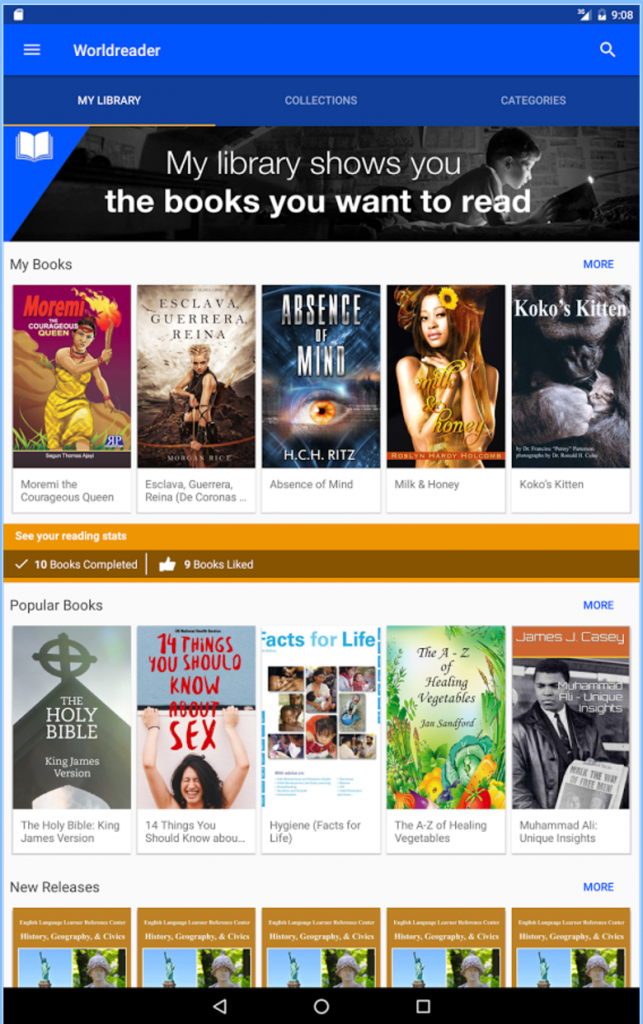
E-Books: Future Of Reading
There’s a little debate brewing about e-books vs physical books. I have jumped over to the side of e-books. I find e-books to be more economically and cheaper compared to physical books. Back in the day, the textbooks we used to have were all torn up and sometimes were missing pages.
With e-books, it’s far easier to carry books around and practically read anywhere. Many say that battery life is a concern with e-books but with the rate of technology these days, battery life will only get better in the future. Most kindle tablets are primarily for book reading and they can go on for weeks with battery life.
In Ghana, it can be a challenge to go digital especially in the rural areas but that doesn’t seem to be stopping Worldreader, who keep increasing their numbers in the country. As the world embraces more use of technology in everyday life, expect that more people will start to move towards e-books to learn in and out of the classroom.
To find out more about Worldreader and the work they’re doing, check out their website and follow them on their social media pages including Facebook and Twitter.
You can download the Worldreader android app on the Android playstore



